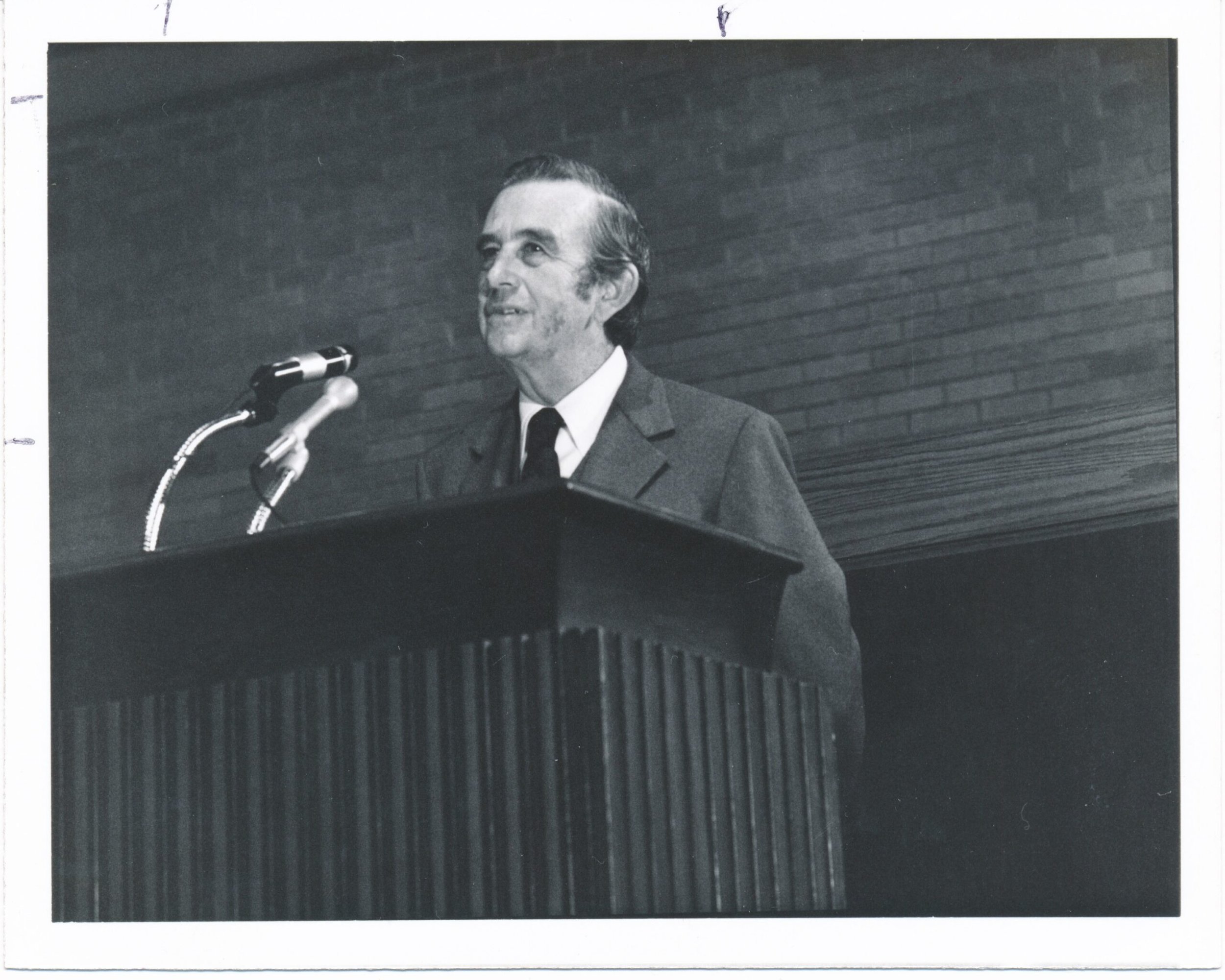Receive our blog posts in your email by filling out the form at the bottom of this page.
Christians should be interested in history. This is true for several reasons. First, as Christians we view history not as the record of chance happenings, but the record of the unfolding of God's decrees....It is a record of what God has been doing through and with His people, who were first called out by God in the Biblical period. Thus Christians should be interested particularly in the history of the Church....It has been said that a people who do not understand their history have no future. This is true in part because we are prone to repeat the same mistakes. By studying history, we can better understand how we have arrived at a particular point in time. We can learn from the past. We should thus be able to progress farther ahead in our own generation as we 'stand upon the shoulders' of those who have gone before. Having said this, it should be obvious why Christians should be interested in this first attempt to write the history of the young church known as the Presbyterian Church in America. — Morton H. Smith, Preface to Frank J. Smith, 𝑇ℎ𝑒 𝐻𝑖𝑠𝑡𝑜𝑟𝑦 𝑜𝑓 𝑡ℎ𝑒 𝑃𝑟𝑒𝑠𝑏𝑦𝑡𝑒𝑟𝑖𝑎𝑛 𝐶ℎ𝑢𝑟𝑐ℎ 𝑖𝑛 𝐴𝑚𝑒𝑟𝑖𝑐𝑎: 𝑇ℎ𝑒 𝐶𝑜𝑛𝑡𝑖𝑛𝑢𝑖𝑛𝑔 𝐶ℎ𝑢𝑟𝑐ℎ 𝑀𝑜𝑣𝑒𝑚𝑒𝑛𝑡 (1985)
On December 4, 1861, in Augusta, Georgia, the first General Assembly of the Presbyterian Church in the Confederate States of America [later known as the Presbyterian Church in the United States (PCUS)] convened and Benjamin Morgan Palmer was appointed its first Moderator. As a denomination, the PCUS was noted for its Calvinistic orthodoxy and for its position on “the spirituality of the church.” However, over time, liberalism encroached upon the denomination, as it did also with the Northern branch of the mainline Presbyterians, the Presbyterian Church in the United States (PCUSA). This theological and spiritual decline is documented in Morton H. Smith, How Is the Gold Become Dim: The Decline of the Presbyterian Church, U.S., As Reflected in Its Assembly Actions (1973).
Some (but not all) of the important histories of the PCA (photo by R. Andrew Myers).
On December 4, 1973, 112 years to the day from the founding of the Presbyterian Church in the Confederate States of America, the first General Assembly convened in the Briarwood Church, Birmingham, Alabama. A new Church was born! (Frank J. Smith, The History of the Presbyterian Church in America: The Continuing Church Movement [1985], p. 89).
Ruling Elder Jack Williamson.
At this momentous event, Ruling Elder Jack Willamson from Greenville, Alabama was the convener of the meeting and gave the opening message, which was titled To God Be the Glory.
Let us immediately declare the purpose of this Church, our portion of which today becomes a formal ecclesiastical entity. This Church exists merely for the sake of God. Its purpose cannot be merely human or humanistic as though to prepare a believer for heaven. Its purpose does not lie in us, but in God, and in the glory of His name. The origin of this Church is in God, its form of manifestation is from God; and from beginning to end, its purpose is and shall be to magnify God's glory.
Mr. Williamson went on to speak of the humility that was required in such an undertaking as that of forming a new church. The rest of his opening address may be found here. Frank Smith also reminds us of what is needed for the PCA to continue as a faithful branch of Christ’s Church (Frank J. Smith, The History of the Presbyterian Church in America: The Continuing Church Movement [1985], p. 222).:
The Presbyterian Church in America has come into existence by God’s gracious plan. How long she survives as a visible manifestation of the Body of Christ will depend on how much she remains in line with her motto:
“True to Scripture,
the Reformed Faith, and
Obedient to the Great Commission
of Jesus Christ.”
We rejoice in God’s goodness to the PCA, recognizing her need to continue in the path of reformation and faithfulness to God’s word, with thankfulness and appreciation for those who have served and who continue to serve the body of Christ from this part of his vineyard, and with prayers that former mercies and blessings will lengthened, and that God’s glory will remain her chief end.


